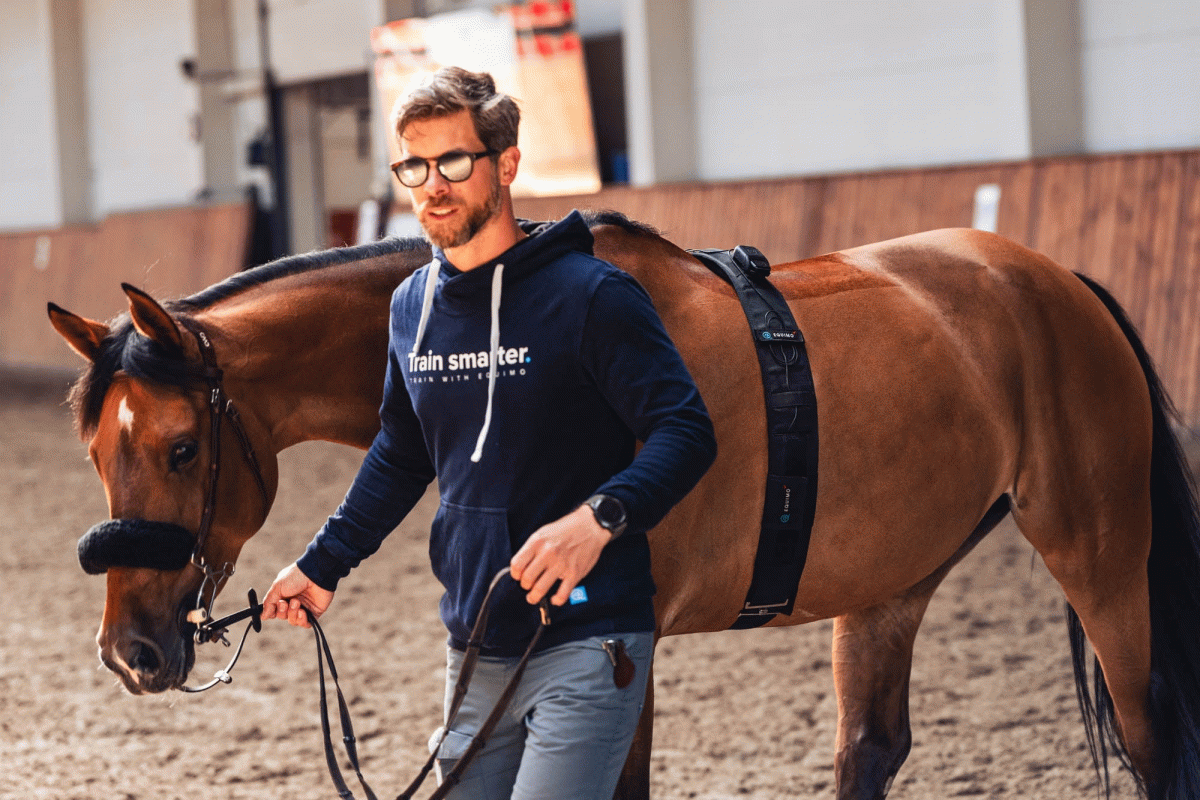
Horse behavior can often be misunderstood. What we label as “naughty,” “lazy,” or “crazy” might, in reality, be a signal—a whisper from a horse that something isn’t right. They can’t speak for themselves, but their bodies do. And we need to start listening.
A horse that refuses to go forward may not be disobedient—they might be uncomfortable or in pain.
A horse that seems sluggish might not lack motivation—the workload might be too much.
A horse that bolts or spooks might not be “crazy”—they could be overwhelmed and stressed.
The truth is, we often jump to conclusions about equine behavior without the full picture. But understanding what’s really going on under the saddle starts with one key element: data.
Riders and trainers have long relied on feeling and experience. Those are important—but they're not enough. When you pair intuition with real-time data, you're no longer guessing. You're making informed decisions that support the physical and mental health of your horse.
Tracking heart rate is one of the most revealing ways to understand how a horse is coping with their training: both physically and emotionally. It gives us insight into:
Stress levels during specific exercises
Fitness progression over time
Recovery efficiency post-ride
Signs of fatigue or overwork before they become injuries
This kind of feedback isn't just useful—it's essential. Especially for athletes who can’t use words to tell us how they feel.
We wouldn’t train a human athlete without monitoring their vitals. Why would we do any differently for horses?
At EQUIMO, we believe in giving horses a voice through technology. Our smart solutions, including heart rate tracking, help riders and trainers take the guesswork out of performance and wellbeing. It’s not just about improving results—it’s about improving welfare.
If your horse is acting out of character, maybe they’re not being difficult. Maybe they’re trying to tell you something. It’s time to listen - not just with our eyes and instincts, but with tools that reveal what’s beneath the surface.
Data is the difference between thinking and knowing.
Let’s stop guessing - and start understanding.